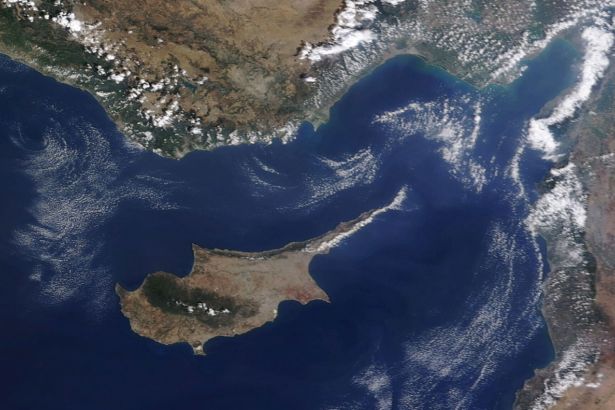Cypriot leaders to swap maps on unified island

UN envoy Espen Barth Eide told reporters in Geneva that the exchange will take place behind closed doors with cartographers from both sides present.
"It is a very important moment... Historic," Eide said. But an immediate deal won't be in the offing since important legal and technical details will have to be sorted out before an overall agreement is put to a vote to the island's rival Greek and Turkish Cypriot communities, he added.
Eide said the sides are very close to agreeing on what overall percentage of the island each will control. Eide said the Greek Cypriot president and the Turkish Cypriot leader would present competing maps later in the day that outline the boundaries of the Greek and Turkish zones that would make up the country in a hoped-for federation.
After the maps are reviewed by Greek Cypriot President Nicos Anastasiades, Turkish Cypriot leader Mustafa Akinci, Eide and cartographers, they will be locked in a UN vault pending further discussions on territory swaps, the envoy said.
Foreign ministers from Cyprus' three "guarantors" - Greece, Turkey and former colonial power Britain, which has a major military base on the island - are set to join the negotiations on Thursday to discuss post-unification security issues.
Under the 1960 treaty, Greece, Turkey and Britain are guarantors of the independence and territorial integrity of Cyprus. The deal allows Britain to retain sovereignty over two military bases on the island, which are often used for Western military operations in the Middle East.
Cyprus became divided in 1974 after Turkish military invasion caused by the coup conducted by the supporters of the island's unification with Greece. Negotiations concerning Cyprus reunion renewed in February 2014 after a two-year break. In November 2016, they broke up because of differences concerning territorial issues.
Talks moved to Geneva on Monday after 20 months of intensive talks.




